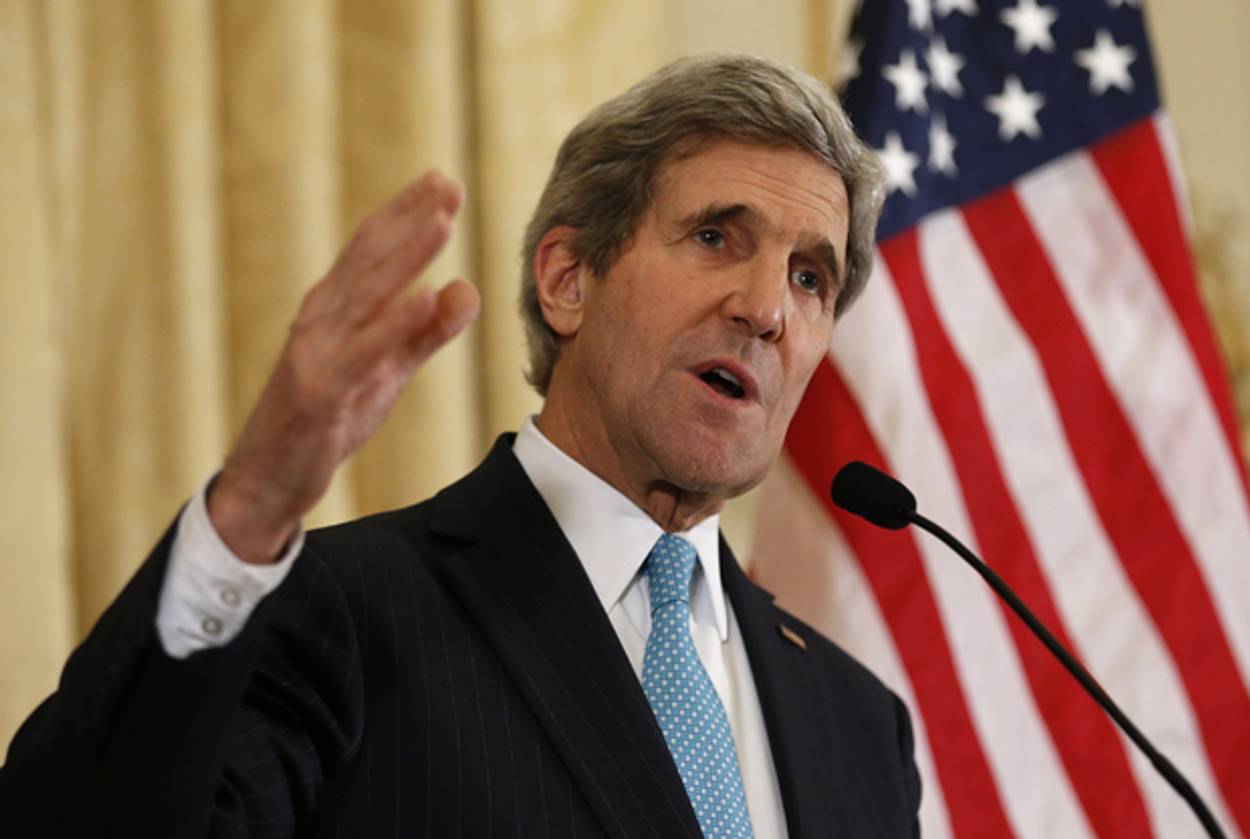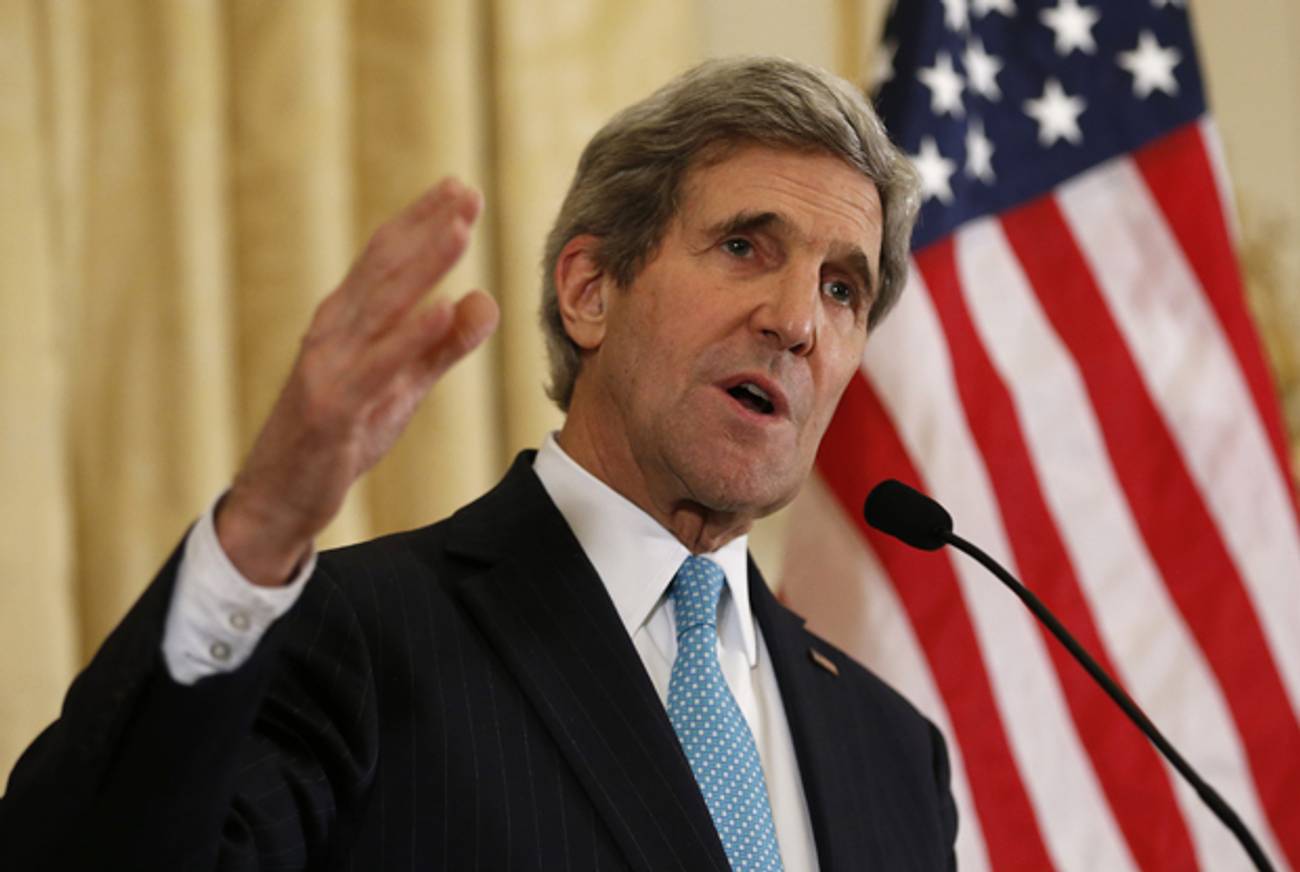Kerry Appeals to Iran for American’s Release
Calls for Robert Levinson’s return to U.S. seven years after his disappearance




Sunday was the seventh anniversary of the disappearance of Robert Levinson, a retired FBI agent who was abducted on a secret CIA mission to the Iranian island of Kish in 2007. He is among the longest-held American hostages; photographs and videos that have been sent to his family over the years show an increasingly haggard man with an untamed beard wearing an orange Guantanamo-style jumpsuit and begging for help.
But that help has been slow to arrive. Iran’s leadership has continued to insist it has no idea who took Levinson or where he might be. “We don’t know where he is, who he is,” Iran’s president, Hassan Rouhani, told CNN in September. And while American officials insist they haven’t abandoned him, their strategy for finding him has involved polite appeals to Iran, rather than, say, making his re-appearance a precondition of pursuing negotiations over Iran’s nuclear program.
“We respectfully ask the government of Iran to work cooperatively with us on the investigation into his disappearance so we can ensure his safe return,” Secretary of State John Kerry said in a statement yesterday marking the anniversary.
That’s nearly exactly what former Secretary of State Hillary Clinton said three years ago, when video surfaced indicating that Levinson was still alive. “As the Government of Iran has previously offered its assistance in this matter, we respectfully request the Iranian government to undertake humanitarian efforts to safely return and reunite Bob with his family,” Clinton said then. “We would appreciate the Iranian government’s efforts in this matter.” Clearly, these “efforts” haven’t exactly been forthcoming.
Unfortunately, letting that fact slide continues to send a signal to the Iranians—as well as to the Cubans, who are holding a USAID worker named Alan Gross, and to the Pakistanis, within whose borders another contractor named Warren Weinstein was seized in 2011—that it’s all right to hold U.S. citizens employed by American government agencies hostage.
All three men happen to be Jewish, but as Tablet argued in January, “Putting a target on the backs of American Jews who serve their country in dangerous places is a terrible way to treat U.S. government contractors and employees—whether they are Jewish or not. Telling America’s enemies that, when it comes to questions of national security, Jews are different makes all Americans vulnerable, by sending the signal that America is a country that won’t protect its own.”
That message is a dangerous one, both for American national security, and for members of the American Jewish community who risk their lives in the service of their country.
Stephanie Butnick is chief strategy officer of Tablet Magazine, co-founder of Tablet Studios, and a host of the Unorthodox podcast.